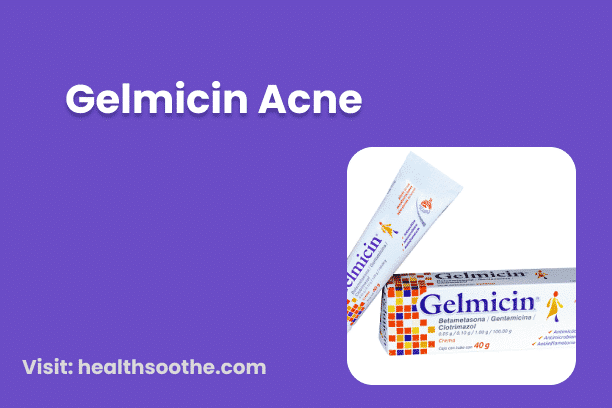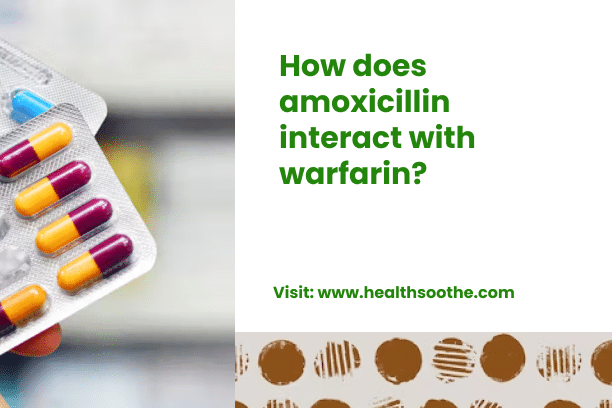Gelmicin Cream is a topical medication that is commonly used in some Latin American countries, particularly Mexico. It’s a combination cream that contains several active ingredients, each with specific properties.
While I don’t have access to the most up-to-date information beyond September 2021, as of that time, Gelmicin Cream was primarily used for skin-related issues such as fungal infections, inflammation, and irritation.
It’s important to note that you should consult a healthcare professional or dermatologist for accurate and current information about this product.
What is Acne?
Acne is a common skin condition when hair follicles become clogged with oil and dead skin cells. It often results in the formation of pimples, blackheads, whiteheads, and sometimes more profound, painful nodules or cysts. Acne typically appears on areas of the skin with a high concentration of oil glands, such as the face, neck, chest, back, and shoulders.
Causes of Acne
Acne is a multifactorial skin condition, meaning that several factors contribute to its development. The primary causes of acne include:
- Excess Sebum Production: Sebaceous (oil) glands in the skin produce sebum, an oily substance that helps keep the skin moisturized. However, excessive production of sebum can lead to clogged pores and acne development.
- Clogged Pores: The combination of excess sebum and dead skin cells can clog hair follicles, creating an environment where acne-causing bacteria can thrive.
- Bacteria: The bacterium Propionibacterium acnes (P. acnes) is a normal part of the skin’s microbiome. However, in clogged pores, it can multiply and trigger inflammation, leading to the formation of pimples.
- Hormonal Fluctuations: Hormonal changes, such as those that occur during puberty, menstrual cycles, pregnancy, and certain medical conditions, can stimulate sebum production and contribute to acne. Androgens, male hormones present in both males and females, play a significant role in this process.
- Inflammation: Inflammatory responses are a key component of acne development. When the immune system responds to the presence of bacteria and clogged pores, it can lead to redness, swelling, and the formation of pustules or cysts.
- Genetics: A family history of acne can increase the likelihood of developing the condition. If your parents or siblings had acne, you might be more prone to it as well.
- Diet: While the relationship between diet and acne isn’t fully understood, certain dietary factors, particularly high glycemic index foods (sugary and processed foods), might contribute to acne development in some individuals.
- Medications: Some medications, such as steroids and certain antiepileptic drugs, can trigger or worsen acne.
- Cosmetic and Hair Products: Certain makeup, moisturizers, and hair products that are comedogenic (tend to clog pores) can contribute to acne, especially if they’re used excessively or not properly removed.
- Environmental Factors: Exposure to pollutants, humidity, and certain occupational or environmental factors can influence the development of acne.
- stress: While stress doesn’t directly cause acne, it can exacerbate existing acne by triggering hormonal changes that lead to increased sebum production.
- Friction and Pressure: Wearing tight clothing, using helmets or hats, and regularly touching or rubbing the skin can exacerbate acne, especially in areas prone to friction.
How To Use Gelmicin Cream?
- Clean the Affected Area: Before applying any cream, make sure the affected area of the skin is clean and dry. Gently wash the area with mild soap and water and pat it dry.
- Read the Instructions: Carefully read the instructions on the packaging of Gelmicin Cream. This will provide you with specific information on how often to apply the cream, how much to use, and any additional precautions.
- Apply a Thin Layer: Using clean fingers, a cotton swab, or a clean applicator, apply a thin layer of Gelmicin Cream to the affected area. You typically want to use just enough to cover the area without applying excessive amounts.
- Gently Massage: After applying the cream, gently massage it into the skin using a circular motion. Avoid rubbing too vigorously, as this could further irritate the skin.
- Wash Hands: After applying the cream, wash your hands thoroughly to remove any residual product.
- Frequency of Use: Follow the instructions from your healthcare provider or the product packaging regarding how often you should apply Gelmicin Cream. Some creams are applied once or twice daily, while others might be used less frequently.
- Duration of Use: It’s important to use the cream for the entire duration recommended by your healthcare provider, even if your symptoms improve before that time. Stopping too early could lead to a recurrence of the issue.
- Avoid Contact with Eyes, Mouth, and Open Wounds: Be careful to avoid getting the cream in your eyes, mouth, or any open wounds.
- Monitor for Side Effects: While side effects are generally uncommon with topical creams, it’s still important to monitor for any unusual reactions. If you experience redness, irritation, itching, or any other adverse reactions, stop using the cream and consult your healthcare provider.
- Consult a Healthcare Professional: Before starting to use Gelmicin Cream or any medication, it’s important to consult a healthcare professional, such as a dermatologist or a doctor. They can provide you with personalized instructions based on your specific condition and medical history.
What is Gelmicin Cream Used For?
- Fungal Infections: Gelmicin Cream contains antifungal agents like Clotrimazole and Miconazole. These ingredients are used to treat fungal infections of the skin, including conditions like ringworm, athlete’s foot (tinea pedis), jock itch (tinea cruris), and yeast infections.
- Inflammation and Itching: The corticosteroid Betamethasone present in Gelmicin Cream helps reduce inflammation and itching associated with various skin conditions, such as eczema, dermatitis, and allergic reactions.
- Bacterial Infections: The antibiotic Gentamicin found in Gelmicin Cream can help treat bacterial skin infections by inhibiting the growth of bacteria. It might be used for minor bacterial infections or to prevent infection in wounds.
- Skin Irritations: The combination of antifungal, anti-inflammatory, and antibacterial ingredients in Gelmicin Cream makes it suitable for addressing various types of skin irritations and infections.
Can I Use Gelmicin On My Face?
It’s advised to avoid using Gelmicin cream on the face and refrain from using it as a treatment for acne. While the initial application might show noticeable improvement, using Gelmicin cream on the face could lead to aggravated acne and skin thinning over time.
Instead, if you’re dealing with acne, it’s advisable to consult a qualified dermatologist who can offer an appropriate diagnosis and tailored treatment options. Therefore, it’s strongly recommended to refrain from using Gelmicin cream for acne concerns.
Can You Use Gelmicin Cream On Sensitive Areas?
Gelmicin Cream is not suitable for application in the genital or vaginal region.
The presence of Betamethasone, a component of this medication, is not advised for use on the genital area.
Conversely, Clotrimazole is included as an antifungal agent and should solely be used when there is a fungal presence.
Using this medication inappropriately for viral or fungal infections could exacerbate your condition.
It is strongly recommended to seek medical advice prior to applying Gelmicin Cream in this specific area.
Who Can Not Use This Cream?
If you possess any of the subsequent conditions that are not recommended, refrain from using this medication due to potential health risks.
- Individuals who display heightened sensitivity to the cream’s active component
- Individuals with skin lesions caused by tuberculosis
- This medication is not suitable for children under the age of 2.
What Are The Side Effects of Gelmecin Cream?
- Corticosteroid (Betamethasone):
- Thinning of the skin
- Skin discolouration or pigmentation changes
- Increased susceptibility to skin infections
- Stretch marks
- Skin irritation or redness
- Allergic reactions
- Antibiotic (Gentamicin):
- Skin irritation or burning sensation
- Allergic reactions
- Rarely, excessive use of antibiotics can lead to antibiotic resistance
- Antifungals (Clotrimazole and Miconazole):
- Skin irritation or itching
- Allergic reactions
- Rarely, contact dermatitis (skin inflammation caused by sensitivity to the cream)
- Prolonged use of antifungal creams can sometimes lead to fungal resistance, making future infections harder to treat
Conclusion
In conclusion, Gelmicin Cream is a combination medication with a diverse range of active ingredients that serve to address various skin concerns. While it can offer benefits for fungal infections, inflammation, and irritation, its effectiveness and potential side effects can vary based on individual factors.
It’s imperative to exercise caution and adhere to the guidance of a qualified healthcare professional when considering the use of Gelmicin Cream. Prior consultation with a dermatologist or medical provider is recommended to ensure safe and appropriate application, particularly when dealing with sensitive areas or specific skin conditions.
By prioritizing medical advice and monitoring for any adverse reactions, individuals can make informed decisions about the use of Gelmicin Cream in line with their unique skin health needs.





